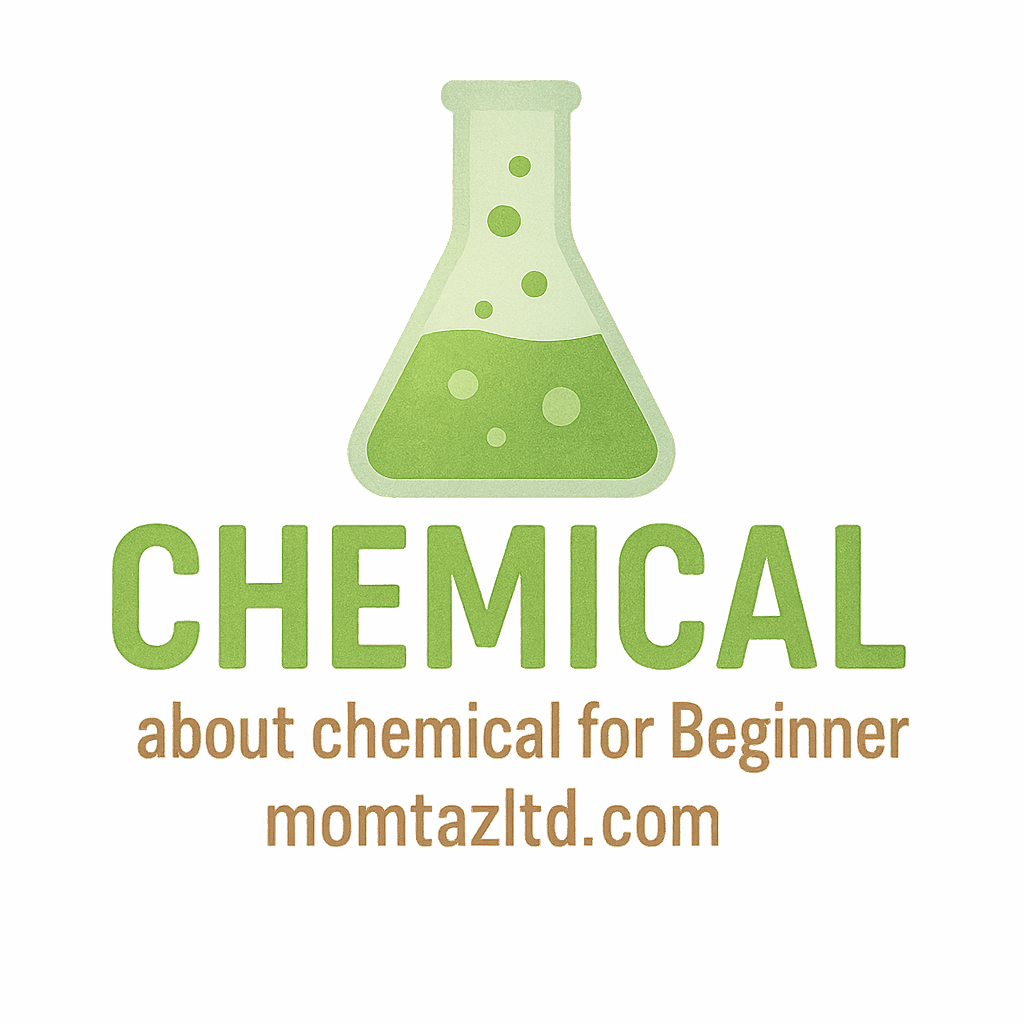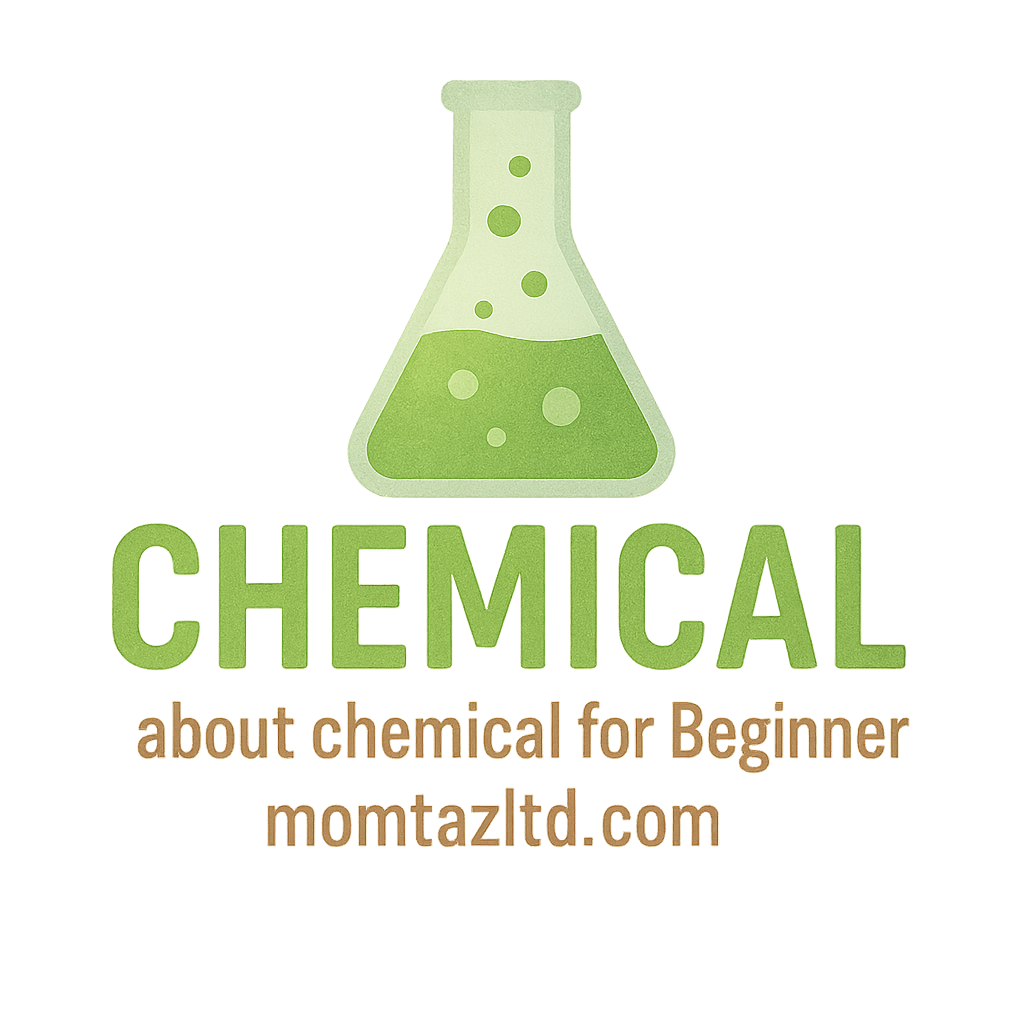Introduction: Why Chemical Knowledge Matters
Whether you’re working in manufacturing, healthcare, or research, chemical knowledge plays an integral role in countless industries. From ensuring the safety of household chemicals to developing new industrial applications, chemistry impacts almost every aspect of modern life. As industries evolve, the demand for highly skilled professionals with in-depth chemical knowledge continues to grow.
If you’re passionate about chemistry and looking to advance your career, obtaining a certification is an excellent way to deepen your expertise. In this article, we’ll explore 5 certifications that can boost your chemical knowledge and enhance your career prospects.
What Is a Chemical Certification?
A chemical certification is a formal recognition that validates your proficiency and expertise in various areas of chemistry. These certifications are typically awarded by professional organizations, academic institutions, or government bodies and help professionals demonstrate their competence in the field. They not only enhance your resume but also provide you with new opportunities to specialize in specific chemical domains, such as hazardous material management, laboratory techniques, and chemical safety.
Why Pursue a Certification in Chemistry?
Chemistry is a vast and ever-evolving field, with applications ranging from pharmaceuticals to agriculture, and from environmental protection to industrial manufacturing. By pursuing a chemical certification, you can:
- Specialize in specific areas of chemistry, such as chemical engineering or hazardous materials.
- Increase your marketability to employers looking for certified professionals.
- Boost your earning potential through added credentials.
- Stay competitive and up-to-date with the latest technologies and safety standards in the field.
- Advance your career through professional development and network building.
Now that we know the importance of certifications, let’s dive into some of the most valuable certifications that can significantly enhance your chemical knowledge.
1. Certified Chemical Engineer (CCE)
A Certified Chemical Engineer (CCE) certification is one of the most prestigious credentials in the chemical field. It is designed for professionals who want to demonstrate their expertise in chemical engineering processes, production techniques, and system optimization.
Skills and Knowledge Gained Through CCE
By obtaining the CCE certification, professionals gain expertise in:
- Chemical Reaction Engineering: Understanding the principles behind chemical reactions in industrial applications.
- Process Design and Optimization: Knowledge on designing and improving chemical processes to make them more efficient.
- Chemical Safety Standards: Familiarity with industry standards to ensure safe operations within chemical plants.
- Sustainability Practices: Implementation of sustainable practices to reduce waste and environmental impact.
- Project Management: Skills for leading and managing large-scale chemical projects.
The CCE certification is ideal for those seeking career advancement in the chemical engineering sector, offering the expertise needed to lead complex projects.
2. Hazardous Materials Manager (CHMM)
If you’re interested in the safe handling and management of hazardous materials, the Certified Hazardous Materials Manager (CHMM) certification is for you. This certification focuses on regulatory compliance, chemical safety, and the safe disposal of hazardous materials.
Why CHMM is Crucial for Safety Experts
Professionals in industries like environmental safety, manufacturing, and logistics need to have a deep understanding of hazardous materials. The CHMM certification ensures that professionals are well-equipped to:
- Understand chemical safety regulations from organizations like OSHA and EPA.
- Handle hazardous chemicals in a manner that prevents accidents and injuries.
- Ensure compliance with environmental and safety standards.
- Manage chemical waste disposal according to legal and environmental guidelines.
The CHMM certification is essential for those working in roles that involve hazardous materials and is recognized globally as a standard in safety compliance.
3. Certified Lab Technician (CLT)
For those who work in chemical laboratories or wish to specialize in analytical chemistry, the Certified Lab Technician (CLT) certification is essential. This certification focuses on laboratory management, chemical analysis techniques, and proper laboratory safety practices.
Core Skills in CLT Certification
Some of the key competencies gained through the CLT certification include:
- Analytical Techniques: Mastery of chemical analysis methods, including spectroscopy, chromatography, and titration.
- Lab Safety Protocols: Ensuring the safe handling and disposal of chemicals and biological materials.
- Quality Control: Implementing processes to ensure that chemical tests and analyses meet industry standards.
- Data Interpretation: Developing the ability to accurately interpret and report the results of chemical experiments.
- Equipment Maintenance: Understanding how to operate and maintain lab instruments and equipment.
For anyone looking to work as a laboratory technician in fields like pharmaceuticals, healthcare, or research, the CLT certification is a must.

4. OSHA Chemical Safety Certification
The OSHA Chemical Safety Certification is an essential qualification for workers involved in chemical manufacturing, research, and safety. OSHA, the Occupational Safety and Health Administration, provides guidelines and training to ensure the safe use of chemicals in the workplace.
How OSHA Training Protects Chemical Workers
OSHA’s training program teaches chemical workers how to:
- Understand OSHA’s standards for chemical safety.
- Handle dangerous chemicals while minimizing risks to health and the environment.
- Use personal protective equipment (PPE) properly to prevent exposure.
- Implement emergency procedures in case of chemical accidents.
- Follow best practices for chemical labeling, storage, and disposal.
The OSHA Chemical Safety Certification is crucial for anyone involved in the manufacturing, handling, or storage of chemicals, particularly in environments where safety is a top priority. OSHA’s certification can be invaluable for ensuring chemical safety in the workplace.
5. Lean Six Sigma for Chemical Engineers
Lean Six Sigma is a methodology used to improve efficiency, reduce waste, and enhance productivity in business processes. For chemical engineers, Lean Six Sigma provides tools to streamline chemical production processes, improve quality, and reduce costs.
The Role of Lean Six Sigma in Chemical Industry
Lean Six Sigma can help chemical engineers by:
- Improving production efficiency and reducing waste in chemical manufacturing processes.
- Increasing quality control and ensuring that chemical products meet rigorous industry standards.
- Reducing costs by eliminating inefficiencies and optimizing resource usage.
- Enhancing customer satisfaction through consistent, high-quality products.
The Lean Six Sigma certification, particularly in the context of chemical engineering, can be a game-changer for professionals looking to make a significant impact on their company’s bottom line.
How to Choose the Right Certification for You
Choosing the right certification depends on your career goals, your current knowledge base, and the industry you work in. If you’re looking to specialize in chemical engineering, the CCE or Lean Six Sigma certifications might be your best options. If your focus is on safety or hazardous materials, the CHMM or OSHA certifications are ideal. And if you’re working in a lab environment, the CLT certification will provide valuable skills.
Steps to Obtain a Chemical Certification
- Research the certification: Understand the requirements, costs, and time commitment.
- Choose the right path: Based on your career goals, pick the certification that aligns with your aspirations.
- Complete the required training: Many certifications require coursework or hands-on experience.
- Pass the exam: Some certifications have a written or practical exam that you must pass.
- Maintain your certification: Some certifications require ongoing education or periodic renewals.
Conclusion: Boosting Your Chemical Knowledge
Investing in a chemical certification is one of the best ways to enhance your chemical knowledge and advance your career. Whether you’re interested in becoming a chemical engineer, a lab technician, or a safety expert, there’s a certification that can help you develop the skills you need to succeed. Pursuing these certifications will not only increase your technical expertise but also improve your marketability and job prospects.
FAQs
- What is the best chemical certification for career growth?
- How long does it take to complete a chemical certification?
- What industries require chemical certifications?
- Is a chemical certification necessary for working in a lab?
- How much does a chemical certification cost?
- Can I get a certification in chemical safety if I don’t have a chemistry degree?
- How do I maintain my chemical certification once I earn it?
By including the semantic internal links to the various relevant pages on the website, such as chemical basics, hazardous chemicals, and others, we ensure that readers not only benefit from the informative article but also easily access additional valuable resources to further expand their chemical knowledge.


